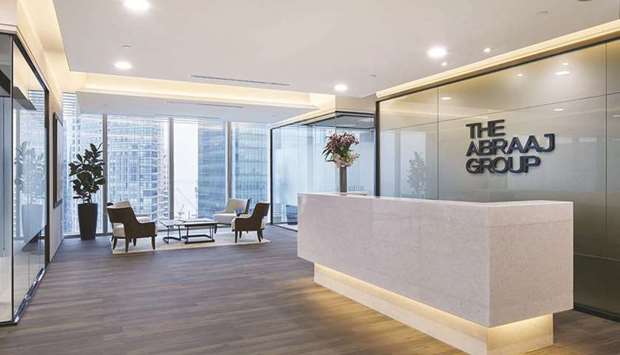Deloitte, which is managing the provisional liquidation of Abraaj with PricewaterhouseCoopers, currently favours Cerberus and an agreement could be reached in the coming weeks, the people said, who asked not to be identified because negotiations are confidential. Colony Capital’s bid was turned down, the people said.
Progress with the sale talks come as Abraaj founder, Arif Naqvi, reached an interim settlement with a creditor on a $300mn loan, his lawyer and a person close to the creditor said, providing some relief from the personal pressure on him.
While no final decision has been made, a request to approve the Cerberus proposal has been sent to creditors, one of the people said. The joint provisional liquidators are currently in discussions with various parties and those discussions are ongoing and confidential, Deloitte said in an e-mailed statement. Abraaj and Colony declined to comment while Cerberus wasn’t immediately available to comment.
Cerberus offered about $25mn for more of the funds and discussed retaining Deloitte as a liquidator for several years, two of the people said. Colony bid a higher price for fewer funds and the limited partnership stakes, but had asked for more due diligence, one of them said.
The collapse of Abraaj, once one of the developing world’s influential investors, came just months after it emerged that some of its investors commissioned an audit to investigate the alleged mismanagement of money in its healthcare fund. The buyout firm filed for a court-supervised restructuring last month and has been seeking to sell its fund unit and also the stakes it owns in the funds.
New York-based Cerberus and Colony made new offers to buy Abraaj assets as the firm works on a court-supervised restructuring, people familiar with the matter said last week. Cerberus made a bid for all of Abraaj’s funds, but hasn’t offered to buy the limited-partnership stakes in the underlying funds, they said at the time.
Colony, which in June had agreed to buy some of Abraaj’s funds and oversee others, made a revised offer for some of the funds, as well as its limited-partnership interests in the underlying funds, they said.
Various options are being reviewed to ensure the long-term stability of the group and the joint provisional liquidators are committed to ensuring that a positive outcome is reached for creditors, investors and wider stakeholders, according to Sunday’s e-mailed statement from Deloitte.
Scrutiny of Abraaj’s operations has increased. The firm had an “unusual” business model reliant on short-term borrowing, and key financial statements are missing or nonexistent, according to a report by PricewaterhouseCoopers seen by Bloomberg News last week.
Abraaj Holdings posted a loss of $188mn in the nine months through March after dipping into investors’ money to run its operations, the filing shows.
The company owes lenders $1.1bn after the delayed sale of K-Electric in Pakistan led it to tap its healthcare fund without investor consent, according to the report.
The clouds surrounding Abraaj has rattled deal-making in the region and hurt its reputation, reigniting concerns about a lack of transparency and governance that had kept some investors away. Listed entities in the Gulf including Air Arabia PJSC, First Abu Dhabi Bank and United Arab Bank PJSC have reported millions of dollars in exposure to the embattled private equity firm. The Dubai Financial Services Authority is investigating allegations of mismanagement of funds by Abraaj. No regulatory action has been taken against Abraaj by the Gulf regulators so far.
The furore is a stunning turn of events for Abraaj, which grew to become the Gulf region’s biggest buyout firm with $13.6bn of assets last year. Founded in 2002 by Karachi-born Naqvi, the firm offered global investors quick-and-easy access to emerging- and frontier-markets and expanded in tandem with Dubai’s financial centre.

